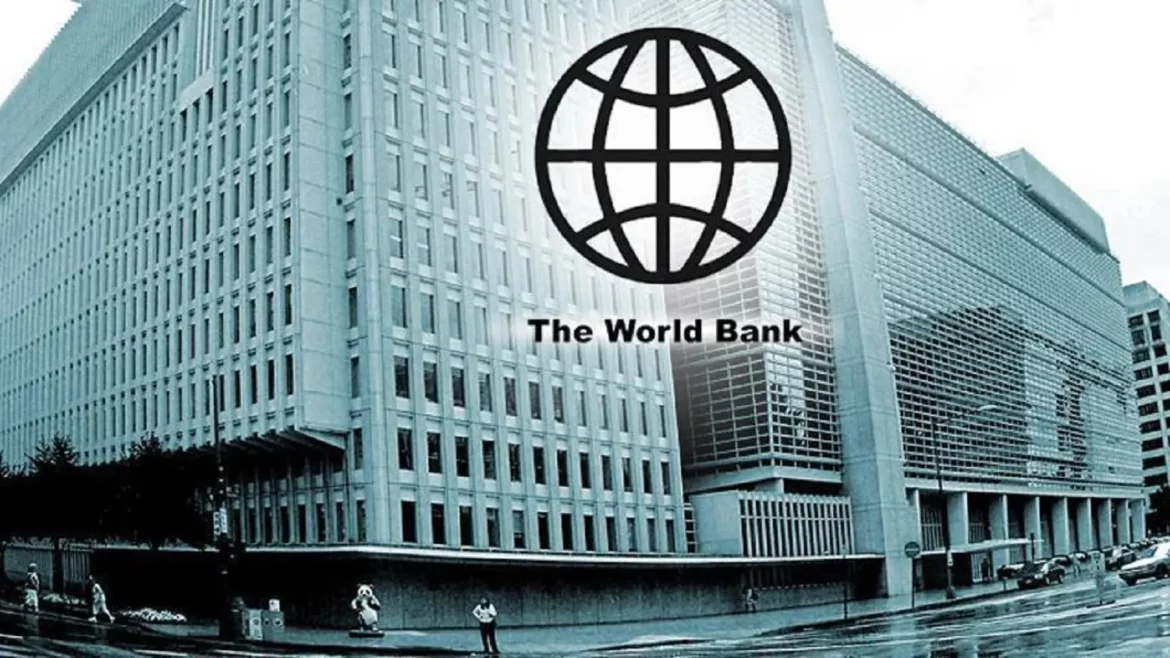By Asmau Ahmad
The World Bank says that COVID-19, the war in Ukraine and the impacts of climate change are likely to have intense implications for developing economies over the coming years.
This is contained in statement posted on the World Bank website.
It said a new report from the World Bank on Commodity Markets: Evolution, Challenges, and Policies, revealed that global commodity markets were being reshaped in lasting ways as a result of these global crises.
The statement said the study offers the first comprehensive analysis encompassing all major commodities of how these markets evolved over the past 100 years and the directions they are likely to take over the next 30 years.
“It predicts that growth in overall global demand for commodities is likely to decelerate as population growth slows and developing economies mature, although demand for some commodities is likely to rise.
“Moreover, the transition to cleaner energy is likely to be challenging.”
It said demand for metals necessary to build the infrastructure for renewable energy and to produce electric vehicles was likely to surge in the coming decades.
According to the statement, this will push up the price of metals and delivering windfall gains for countries that export them.
It said although renewable energy was fast becoming the lowest-cost source of energy in many countries, fossil fuels would probably retain some of their appeal, especially in countries with ample domestic reserves.
It said in the short-run, with inadequate investment in low-carbon technologies, just one-third of the required level, energy demand could continue to outstrip supply, keeping prices at elevated levels.
The statement quoted World Bank Group President, David Malpass as saying “Amid overlapping crises over the past two years and the ongoing transition to lower carbon intensity, commodity markets are being reshaped.
“These changes will have major implications for growth and poverty reduction in developing economies, two-thirds of which are commodity exporters.
“A sound goal is for the shifts in commodity markets to encourage good outcomes for both development and environmental sustainability.”
The statement said the study also sheds new light on the causes and consequences of volatility in commodity markets, revealing a troubling insight for commodity exporters.
It finds that price increases do not materially boost economic growth for an extended period in developing countries, alternatively, price declines tend to reduce growth significantly and for several years.
According to Mari Pangestu, the World Bank’s Managing Director for Development Policy and Partnerships, Boom-and-bust cycles in commodity markets are enormously disruptive to progress in developing economies, especially the poorest countries.
“Still, too many countries maintain an excessive dependence on exports of just a few types of commodities.”
Pangestu said the ongoing crisis was a wake-up call for governments to renew their efforts to value their natural capital in a sustainable way, diversify their economies, and reduce their vulnerability to commodity shocks.
It said the analysis showed that commodity-price shocks affect different commodity exporters in distinctive ways, demonstrating why policy solutions need to be tailored to reflect the specific circumstances of each country.
The statement said policymakers could manage commodity-market shocks in at least three ways which include fiscal, monetary, and regulatory frameworks, measures to moderate boom-bust cycles and economic diversification.
It said governments should put in place a fiscal framework that uses periods of high prices to build rainy-day funds that can be deployed quickly in an emergency.




